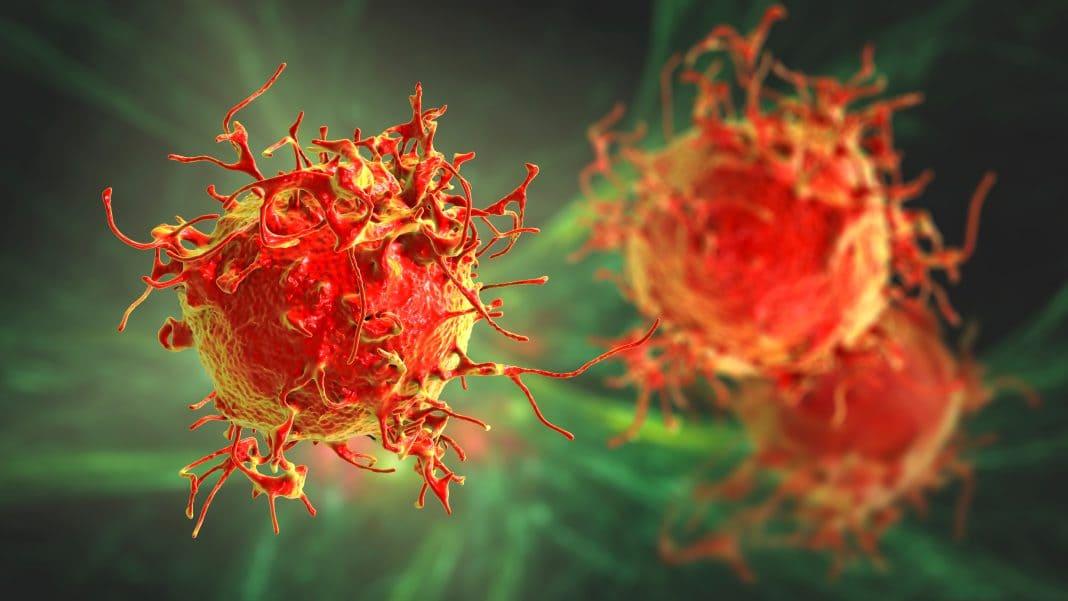KEY TAKEAWAYS
- The study aimed to evaluate ccfDNA, mtDNA, and CTCs as treatment response biomarkers and their link to EMT.
- The results showed plasma ccfDNA and mtDNA are potential biomarkers for monitoring chemotherapy response in breast cancer.
Breast cancer is the most common cancer among women, highlighting the critical need for non-invasive blood-based biomarkers for effective treatment selection. Previous research has shown elevated levels of circulating cell-free DNA (ccfDNA) in the plasma of patients with breast cancer. Both ccfDNA and mitochondrial DNA (mtDNA) are released into the bloodstream.
Betül Çelik and the team aimed to investigate the effectiveness of plasma ccfDNA and mtDNA as indicators of treatment response in breast cancer and to explore their potential as monitoring biomarkers. They also compared these markers with circulating tumor cell (CTC) data and assessed their relationship with epithelial-mesenchymal transition (EMT).
The study included about 36 women diagnosed with breast cancer and 21 healthy women. Quantitative polymerase chain reaction (qPCR) was performed on plasma samples to measure the levels of ND1, ND4, ALU115, ALU247, and GAPDH. DNA integrity was determined by calculating ratios of ALU247/ALU115 and ND4/ND1.
Post-treatment, patients demonstrated a significant decrease in ccfDNA levels and a significant increase in mtDNA copy number (mtDNAcn). However, no significant change was observed in ccfDNA and mtDNA integrity. When comparing all groups, patients exhibited higher levels of ALU115 and ALU247 compared to the control group. Furthermore, patients showed significantly lower ccfDNA integrity compared to the control group.
This study collectively represented the first comprehensive investigation of plasma ccfDNA levels, mtDNAcn, and integrities. It is also the first study to examine the relationship between these markers, CTCs, cancer stem cell markers, treatment response, and metastatic status.
The study’s findings suggested that plasma ccfDNA and mtDNA may be potential biomarkers for evaluating chemotherapy response and, when used alone or in combination with other biomarkers, can be valuable tools for monitoring treatment effectiveness in breast cancer patients.
Funding information was given.
Source: https://pubmed.ncbi.nlm.nih.gov/39295614/
Çelik B, Peker Eyüboğlu İ, Koca S, et al. (2024). “Correlation between plasma ccfDNA, mtDNA changes, CTCs, and epithelial-mesenchymal transition in breast cancer patients undergoing NACT.” Turk J Med Sci. 2024;54(4):652-665. Published 2024 Mar 11. doi:10.55730/1300-0144.5834



